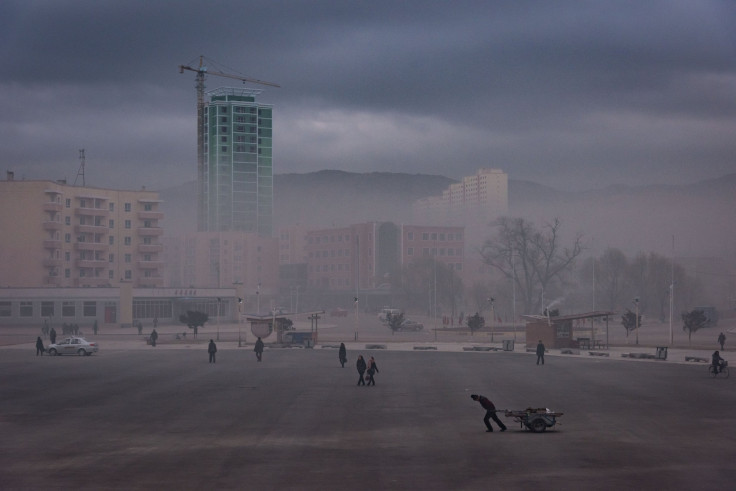North Korean Aid Held Up By Nail Clippers, A Sanction Banned Item

A charity organization claimed that an aid shipment to North Korea was held up in China because it contained nail clippers, banned by economic sanctions, according to the Associated Press Saturday.
Nail clippers, made out of metal, are among a large number of items that have been banned as imports to North Korea by international economic sanctions. The sanctions levied by the United Nations, European Union and the United States come in retaliation to North Korea’s burgeoning nuclear weapons and ballistic missiles programs. North Korea allocates a large part of its scarce revenue into its weapons programs and limited aid appears to be hurting citizens of a country with an estimated per capita gross national income of only $1,342.
The aid shipment consisting of two shipping containers full of hygiene items sat in a Chinese port for two weeks before being given special permission to enter North Korea, according to the Christian Friends of Korea, an aid organization working to help North Koreans with tuberculosis and hepatitis.
Sanctions against North Korea have affected 90 percent of their official export revenue, according to the State Department. The U.N. has passed nine rounds of economic sanctions against North Korea since it left the international Nuclear Non-Proliferation Treaty in 2003. Last year alone the U.N. passed three rounds of sanctions against North Korea in response to their sixth and largest nuclear weapons test and demonstration of international ballistic missile capabilities. The U.N. has sanctioned imports, exports and individuals all with the aim of curbing the country’s weapons programs. The U.N. sanctions passed in September against North Korea could stop up to $1.3 billion in revenue from flowing into Pyongyang, according to the Council on Foreign Relations.
The U.S. has imposed harsher sanctions than the U.N., targeting more goods and individuals. The U.S. Department of the Treasury's Office of Foreign Assets Control enacted another set of sanctions Wednesday against nine entities, 16 individuals and six vessels.
The sanctions are not supposed to affect humanitarian aid, but charity organizations have claimed otherwise.
“Sanctions should not have an impact on the well-being of ordinary citizens,” Linda Lewis, a member of charity organization American Friends Services Committee, told the AP. “This work should not be shut down for political reasons.”
Earlier this month at an event at Stanford University, Secretary of State Rex Tillerson said that “sanctions are really starting to hurt” North Korea. Tillerson touted a Japanese report about dozens of North Korean fishing vessels that have gotten stuck in Japanese waters.
“What they learned is that they are being sent out in the winter time, because there’s food shortages, and they are being sent out to fish with inadequate fuel to get back,” said Tillerson.
Keith Luse, executive director of the National Committee on North Korea, which includes several charities as members, detailed to the Washington Post last month the issues that the sanctions are creating for aid organizations.
“U.S. and international humanitarian NGOs working in North Korea are experiencing death by a thousand cuts,” said Luse. “These sanctions were not intended for them, but they have ended up being victims of the international sanctions regime.”
© Copyright IBTimes 2024. All rights reserved.



















